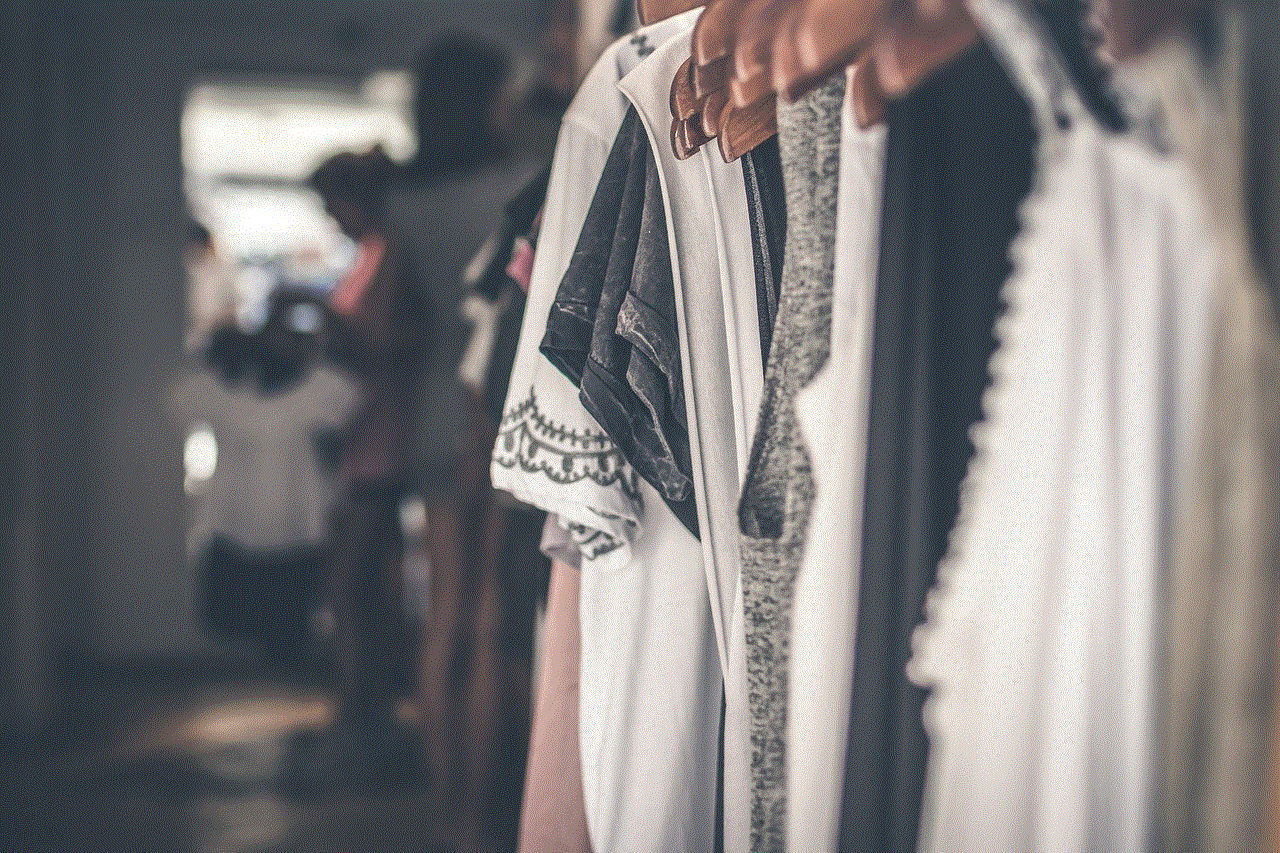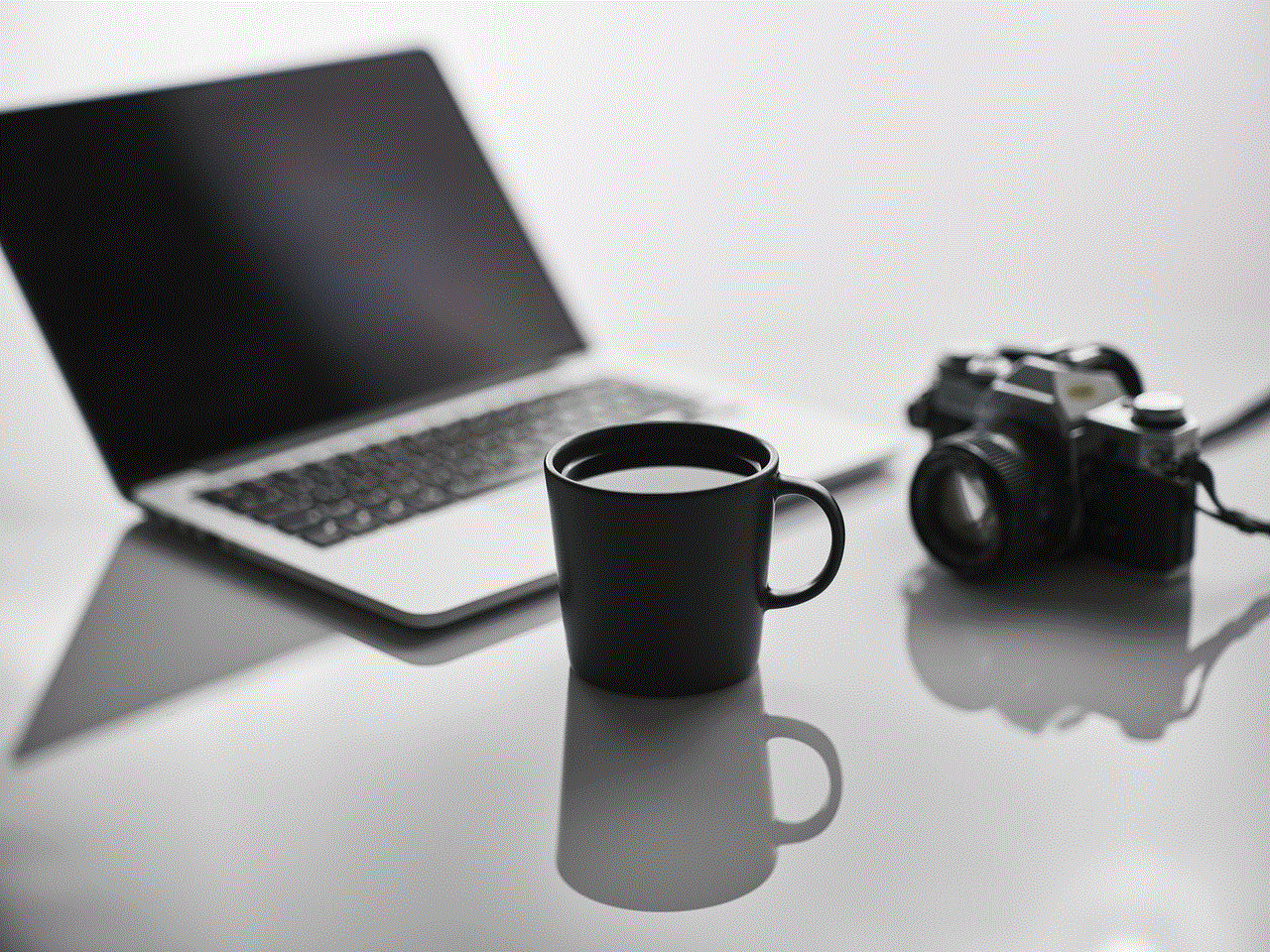free iphone spy
In today’s digital age, it is no surprise that our smartphones have become an essential part of our daily lives. From making calls and sending messages to staying connected on social media and accessing important information, our phones hold a wealth of personal data. This has also made them vulnerable to various forms of cyber threats, including spying. While there are legitimate reasons for someone to remotely monitor a phone, such as a parent keeping an eye on their child’s online activities, there are also malicious actors who may exploit this technology for nefarious purposes. This has led to the rise of spy apps, with one of the most popular being the “free iPhone spy” app. In this article, we will delve into the world of iPhone spy apps, their features, legality, and how to protect yourself from being spied on.
What is a free iPhone spy app?
A free iPhone spy app is a mobile application that can be installed on an iPhone to monitor its activities without the owner’s knowledge. These apps are designed to run in stealth mode, meaning they can operate without the user’s awareness. They can track a variety of activities on the phone, including call logs, text messages, GPS location, social media activity, and even keystrokes. Some of these spy apps also have the ability to remotely access the phone’s camera and microphone, giving the user a live feed of the phone’s surroundings.
The features of an iPhone spy app
The features of an iPhone spy app may vary from one app to another, but they typically offer a wide range of monitoring capabilities. Some of the common features of these apps include:
1. Call and text monitoring: Spy apps can record incoming and outgoing calls, as well as text messages, providing the user with a detailed log of all communication on the phone.
2. GPS tracking: With the help of GPS technology, these apps can pinpoint the exact location of the phone in real-time. This feature can be useful for parents who want to keep an eye on their child’s whereabouts.
3. Social media monitoring: Spy apps can track activity on popular social media platforms like facebook -parental-controls-guide”>Facebook , Instagram, and WhatsApp . This includes messages, posts, and media files shared on these platforms.
4. Web browsing history: These apps can also track the websites visited on the phone’s web browser, giving the user a complete picture of the user’s online activities.
5. Keylogging: Some spy apps have the ability to record every keystroke made on the phone, including passwords and login credentials.
6. Remote control: Many spy apps come with a remote control feature that allows the user to remotely access the phone’s camera and microphone, as well as lock or wipe the phone’s data.
The legality of using a free iPhone spy app
The legality of using a free iPhone spy app may vary from country to country. In some countries, it is legal to use these apps as long as the person being monitored has given their consent. However, in many countries, it is illegal to install a spy app on someone’s phone without their knowledge or consent. It is important to note that even if the person being monitored is a minor, it is still illegal to spy on their phone without their consent in most countries. It is always advisable to check the laws in your country before using a spy app.
How to protect yourself from being spied on
With the increasing popularity of spy apps, it is important to take necessary precautions to protect yourself from being spied on. Here are some tips to keep in mind:
1. Keep your phone secure: Always keep your phone locked with a strong password or biometric lock. This will prevent anyone from installing a spy app on your phone without your knowledge.
2. Be cautious of suspicious activities: If you notice unusual activities on your phone, such as sudden battery drain or strange pop-ups, it could be a sign that your phone has been compromised.
3. Regularly check for unknown apps: Spy apps often disguise themselves as legitimate apps. Therefore, it is important to regularly check for any unknown or suspicious apps on your phone and uninstall them immediately.
4. Update your phone’s software: Always keep your phone’s software up to date. This will ensure that any known vulnerabilities are fixed, making it harder for spy apps to gain access to your phone.
5. Use security software: Consider installing a reputable anti-spyware app on your phone to detect and remove any spy apps that may have been installed.
6. Be careful with your personal information: Be cautious of sharing sensitive personal information on your phone, especially in public places. This information can be used by malicious actors to install spy apps on your phone.
Conclusion
In conclusion, while spy apps may have legitimate uses, they can also pose a serious threat to our privacy and security. It is important to be aware of the risks associated with these apps and take necessary precautions to protect yourself. If you suspect that your phone has been compromised, it is advisable to seek professional help to remove any spy apps. Remember, your phone is a personal device, and no one has the right to invade your privacy without your consent.
snapchat nude gallery
Snapchat has become a household name in the world of social media, thanks to its unique features and constantly evolving platform. And while it was initially touted as a way to send temporary photos and videos to friends, it has also become a hub for sharing nude content. In fact, there is a whole subculture on Snapchat dedicated to sharing and consuming nude photos and videos, with users creating dedicated galleries of their best snaps.
But what exactly is a “snapchat nude gallery” and why has it become so popular? In this article, we will explore the world of snapchat nudes and how this phenomenon has taken over the app.



What is a Snapchat Nude Gallery?
A snapchat nude gallery is essentially a collection of nude photos and videos that have been shared on the app. These photos and videos can be shared with specific friends or posted on a user’s story for all of their followers to see. The term “gallery” refers to the fact that these photos and videos are often curated and organized into folders, making them easily accessible for users to view and share.
These galleries can range from a few photos or videos to hundreds, with some users even creating multiple galleries based on different themes or categories. And while many of these galleries are shared among friends and acquaintances, there are also public galleries that can be accessed by anyone with a link.
Why are Snapchat Nude Galleries so Popular?
There are a few reasons why snapchat nude galleries have gained so much popularity. Firstly, the app’s disappearing feature makes it perfect for sharing sensitive content like nudes. The fact that the photos and videos disappear after a set time frame adds a sense of security and privacy for the sender, knowing that their content won’t be permanently saved on the recipient’s phone.
Secondly, the app’s user base is primarily made up of younger generations who are more open to exploring their sexuality and sharing intimate content with their peers. This has created a culture of “sexting” and sharing nudes on the app, with many users finding it easier and more exciting to share nudes on Snapchat than on other social media platforms.
Another reason for the popularity of snapchat nude galleries is the element of exclusivity. Unlike other social media platforms where anyone can view and share content, Snapchat’s privacy settings allow users to choose who they want to share their nudes with. This creates a sense of exclusivity and intimacy between the sender and recipient, making the content more desirable and exciting to view.
The Rise of Premium Snapchat Accounts
In recent years, there has been a rise in the number of premium Snapchat accounts, where users charge a fee to access their private snapchat nude galleries. These accounts are often run by influencers or models who have a large following on the app and are looking to monetize their content.
These premium accounts offer users a more exclusive and personalized experience, with the option to request custom content and interact with the account owner. It has become a lucrative business for many, with some users reportedly making thousands of dollars a month from their premium accounts.
The Dark Side of Snapchat Nudes
While snapchat nude galleries may seem like a fun and harmless way to share and view nudes, there is a darker side to this phenomenon. The app’s disappearing feature has given rise to a trend called “revenge porn”, where users share nudes of their ex-partners without their consent. This has led to an increase in cyberbullying and harassment, with many victims feeling violated and exposed.
Moreover, the app’s minimum age requirement of 13 has also made it a breeding ground for predators who target underage users for explicit content. This has raised concerns about the safety and security of young users on the app and has led to calls for stricter regulations and monitoring by the app’s developers.
The Legal Implications of Sharing Nudes on Snapchat



Many users may not be aware that sharing nudes on Snapchat can have serious legal implications. In some countries, sharing nudes without the consent of the person in the photo or video is considered a form of revenge porn and is punishable by law. This means that even if the content is shared privately between two parties, it can still be considered a criminal offense if the person in the photo or video did not give their consent.
Moreover, the app’s terms and conditions clearly state that users are responsible for the content they share on the app, and any illegal or inappropriate content can result in their account being banned. This also applies to premium accounts, where users can face legal action if they are found to be sharing illegal content or exploiting underage users.
In Conclusion
Snapchat nude galleries have become a popular way for users to share and consume nudes on the app. The app’s unique features and user base have contributed to the rise of this phenomenon, making it a lucrative business for some and a source of entertainment for others. However, it is important to remember the potential legal and ethical implications of sharing nudes on the app, and to always obtain consent before sharing any sensitive content. Snapchat may have its flaws, but it is up to users to use the app responsibly and respectfully.
is ngl anonymous
Anonymity has been a topic of fascination and debate for centuries. From the Greek philosopher Plato’s allegory of the cave to modern day discussions about online privacy, the concept of being anonymous has always been intertwined with ideas of freedom, power, and control. But in recent years, with the rise of social media and the internet, a new type of anonymity has emerged – the anonymous user. And with it comes the question – is being anonymous a good thing or a bad thing?
To answer this question, we must first understand what it means to be anonymous. In simple terms, anonymity refers to the state of being unknown or unidentifiable. It could be in the form of wearing a mask to conceal one’s identity, using a pseudonym or username online, or simply not revealing personal information about oneself. Anonymity is often associated with secrecy and mystery, and it has been used as a tool for protection and rebellion.
One of the earliest known examples of anonymity dates back to ancient Greece. In the city of Athens, it was common for citizens to vote by writing their names on a piece of broken pottery called an ostrakon. However, to prevent any form of influence or bias, the names were scratched out, and only the number of votes was counted. This anonymous voting system allowed for a fair and equal representation of the people’s choices, without any fear of repercussions.
In the modern world, anonymity has taken on a whole new meaning with the advancement of technology. Social media platforms, such as Twitter and Reddit, allow users to create accounts and interact with others without revealing their true identity. This has given rise to the concept of the “anonymous user,” who can freely express their opinions and thoughts without fear of judgment or consequences. But is this type of anonymity truly anonymous? And is it beneficial or harmful?
On one hand, anonymity allows individuals to express themselves freely without the fear of being judged or ridiculed. This can be especially important for marginalized groups who may not feel comfortable sharing their thoughts and opinions in a public setting. Anonymity provides a level playing field for all individuals to participate in discussions and debates without discrimination based on their race, gender, or social status.
Moreover, anonymity can also be a powerful tool for activism and social change. The online hacktivist group, Anonymous, has gained global recognition for their anonymous protests and operations against government corruption and corporate greed. By remaining anonymous, they are able to carry out their actions without fear of retaliation, and their message is not overshadowed by their identities.
However, the anonymity provided by the internet also has its drawbacks. It can lead to a lack of accountability and responsibility for one’s actions. When individuals are not held accountable for their words and actions, it can result in cyberbullying, hate speech, and other forms of online harassment. This can have a detrimental effect on both the victim and the overall online community.
Moreover, anonymity can also be used as a shield for cybercriminals and trolls. The lack of accountability makes it easier for individuals to engage in illegal activities and spread false information without facing any consequences. This not only puts individuals at risk but also has the potential to cause social and political unrest.
Furthermore, anonymity can also have a negative impact on mental health. The constant pressure to maintain a perfect online persona can lead to a fear of being exposed and a sense of inadequacy. This can result in individuals developing anxiety and depression, as well as a distorted self-image.



So, is being anonymous a good thing or a bad thing? The answer is not a simple one. Anonymity, like any other tool, can be used for good or for harm. It all depends on the individual’s intentions and actions. The power of anonymity lies in the hands of the user, and it is up to them to use it responsibly.
In conclusion, anonymity has always been a double-edged sword – it can protect and empower, but it can also harm and deceive. The rise of the anonymous user in the digital age has blurred the lines between anonymity and accountability, making it a complex issue. While it can be a powerful tool for self-expression and activism, it also has the potential to cause harm and damage. It is crucial for individuals to understand the impact of their actions and use anonymity responsibly to create a safe and inclusive online community.
